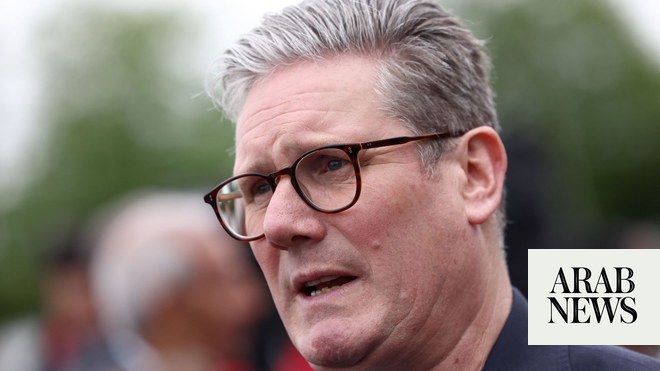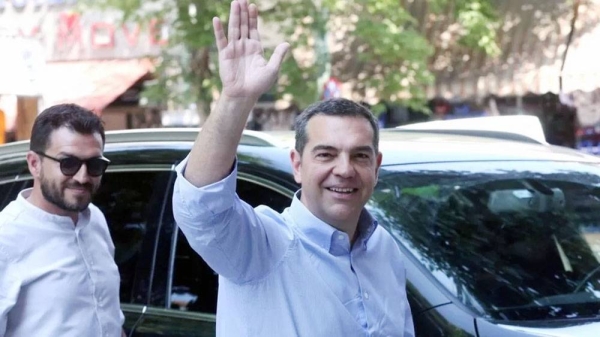
Doug Beattie has resigned as the leader of the Ulster Unionist party (UUP) after clashing with party colleagues, causing a fresh jolt in Northern Ireland politics.
In a surprise announcement on Monday, the decorated army veteran cited his inability to steer the party amid “irreconcilable differences” with party officers.
“It has not been easy and at times it has been both lonely and isolating,” said Beattie, 58. “I am no stranger to leadership and that is how it often feels in taking a toll both physically and mentally. It also strains friendships and political relationships.
“It is now clear that some believe the momentum needed to keep the Ulster Unionist party moving in the right direction cannot come from me. Irreconcilable differences between myself and party officers combined with the inability to influence and shape the party going forward means that I can no longer remain the party leader.”
Beattie, who became leader in 2021, said he had support from UUP Stormont assembly members and elected and non-elected members but that others disagreed with his vision. “I hope they can see that in the long term only an inclusive Ulster Unionist party, promoting a positive message, can secure our future. I hope the new leader is given the freedom to act,” he said.
Factions in the party resisted Beattie’s push for more liberal positions on social issues. He also struggled to recruit more women and new faces to key roles.
The announcement underlined splits within and between unionist parties that have allowed Sinn Féin to emerge as the biggest party and put scrutiny on Northern Ireland’s position in the UK.
Sir Jeffrey Donaldson quit as leader of the Democratic Unionist party (DUP) in April when he was charged with historic alleged sex offences. Under his successor, Gavin Robinson, the party lost three of its eight Westminster seats in July’s general election.
The UUP was the region’s dominant unionist party until it was overtaken by the DUP in 2003. A succession of leaders struggled to reverse the UUP’s electoral decline.
Beattie, who won a military cross as an army captain in Afghanistan, initially seemed on course to buck that trend by promising a liberal, tolerant brand of unionism that produced a “Beattie bounce” in opinion polls.
However, the party failed to capitalise on DUP disarray in assembly and local elections. Beattie won plaudits for engineering a Westminster seat – Robin Swann won South Antrim, giving the party its first MP since 2017 – but critics said it was not enough and that the party was adrift.
Beattie’s statement acknowledged that gaining an MP, plus a member elevated to the House of Lords, was insufficient. “These are small successes on the back of a difficult electoral results with a lot of work still to do, particularly in border constituencies,” he said.
Hilary Benn, the Northern Ireland secretary, thanked Beattie for his leadership. “It is clear that he has always sought to act in Northern Ireland’s best interests and I know he will continue to do so,” Benn said.
Ireland’s former foreign minister Simon Coveney also paid tribute, saying: “I always found Doug to be fair, tough when needed, reasonable and positive.”
It was not immediately clear if Robbie Butler, the UUP’s deputy leader and assembly member for Lagan Valley, would stand for the leadership.












